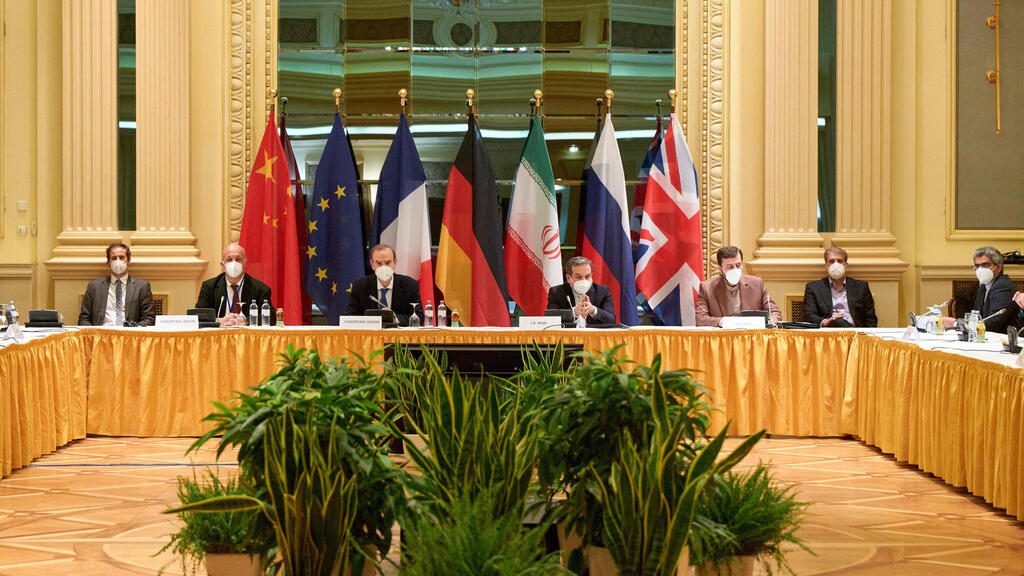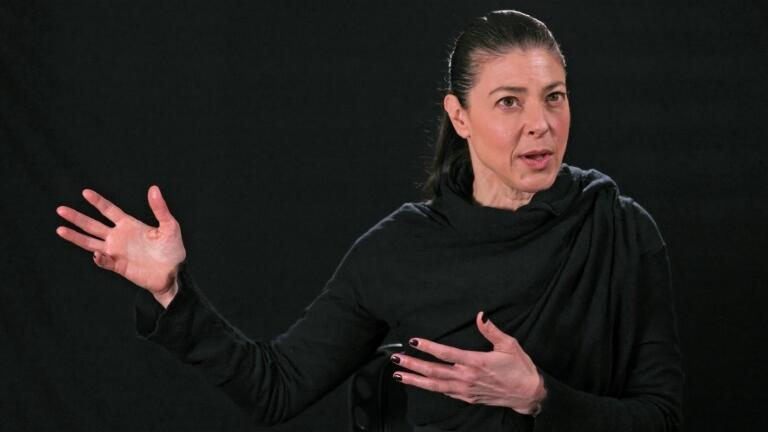Israel will address its misgivings about an emerging new Iran nuclear deal in future bilateral arrangements with the United States, Transportation Minister Merav Michaeli said on Monday.
Israel, which is not a party to nuclear negotiations between Iran and world powers in Vienna, has voiced concern that they could produce a revived deal that "create(s) a more violent, more volatile Middle East".
Michaeli, the leader of the Labor Party and a member of Israel's decision-making Security Cabinet, said that as a center-left opposition lawmaker in 2015 she had supported the then-nuclear deal with Iran — which the Trump administration later withdrew from.
But, she said, "this (emerging) deal is much shorter, with many more sunsets, with many, many more — I would say — bad opportunities, cracks. And yes, it's very, very problematic."
"So we are doing whatever we can to make it as good as possible," Michaeli told the Conference of Presidents of Major Jewish Organizations in Jerusalem.
2 View gallery


Members of 2015 Iran nuclear deal attending a meeting at the Grand Hotel of Vienna as they try to restore the pact, April 17, 2021
(Photo: AFP)
"We will have to work on a complementary agreement between Israel and the U.S."
She did not elaborate. Israeli leaders have previously asserted that their country would not be bound by any nuclear deal and could take unilateral military action against their arch-foe if they believed it was required to deny it nuclear weapons. Iran denies seeking such weapons.


